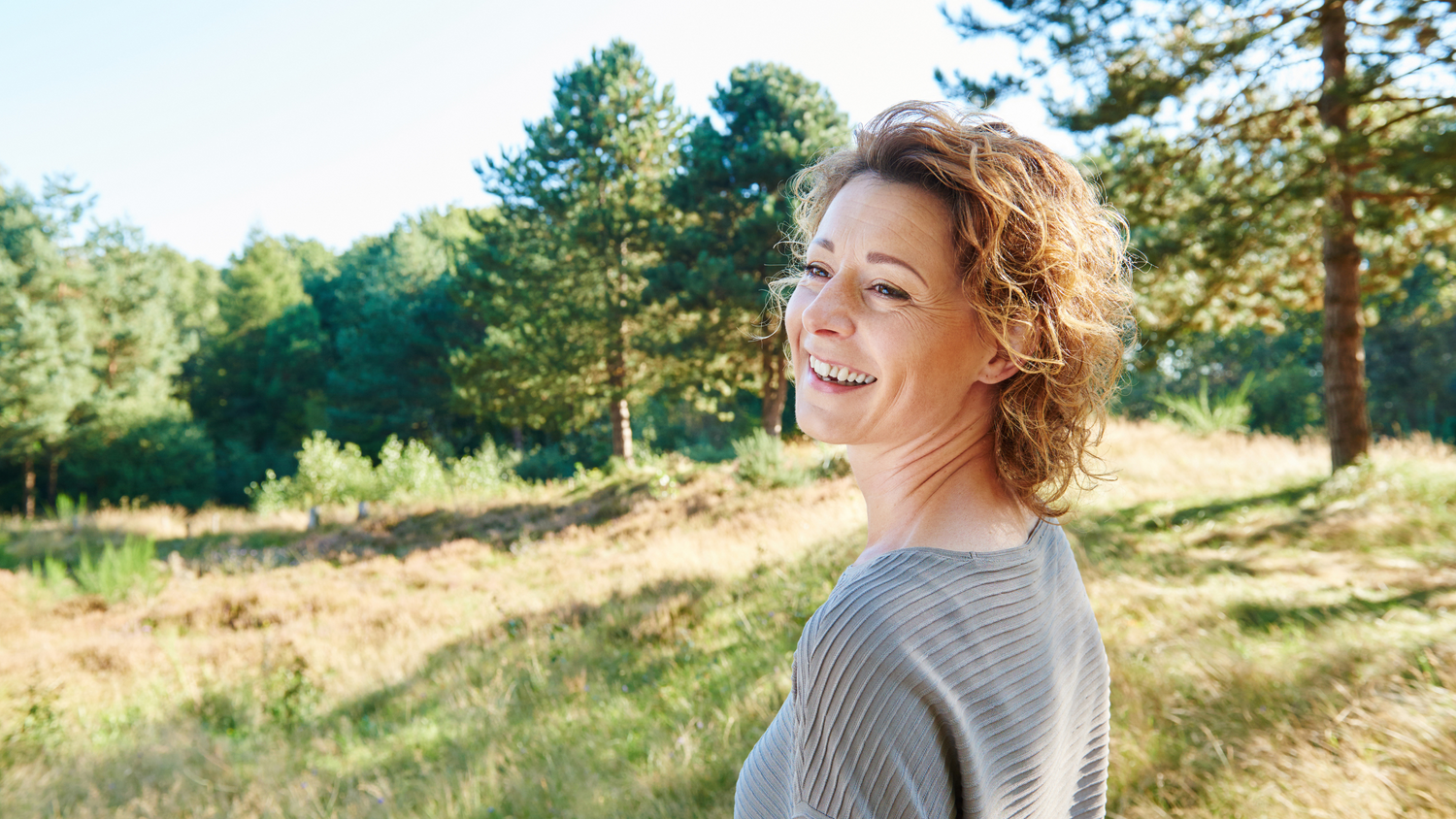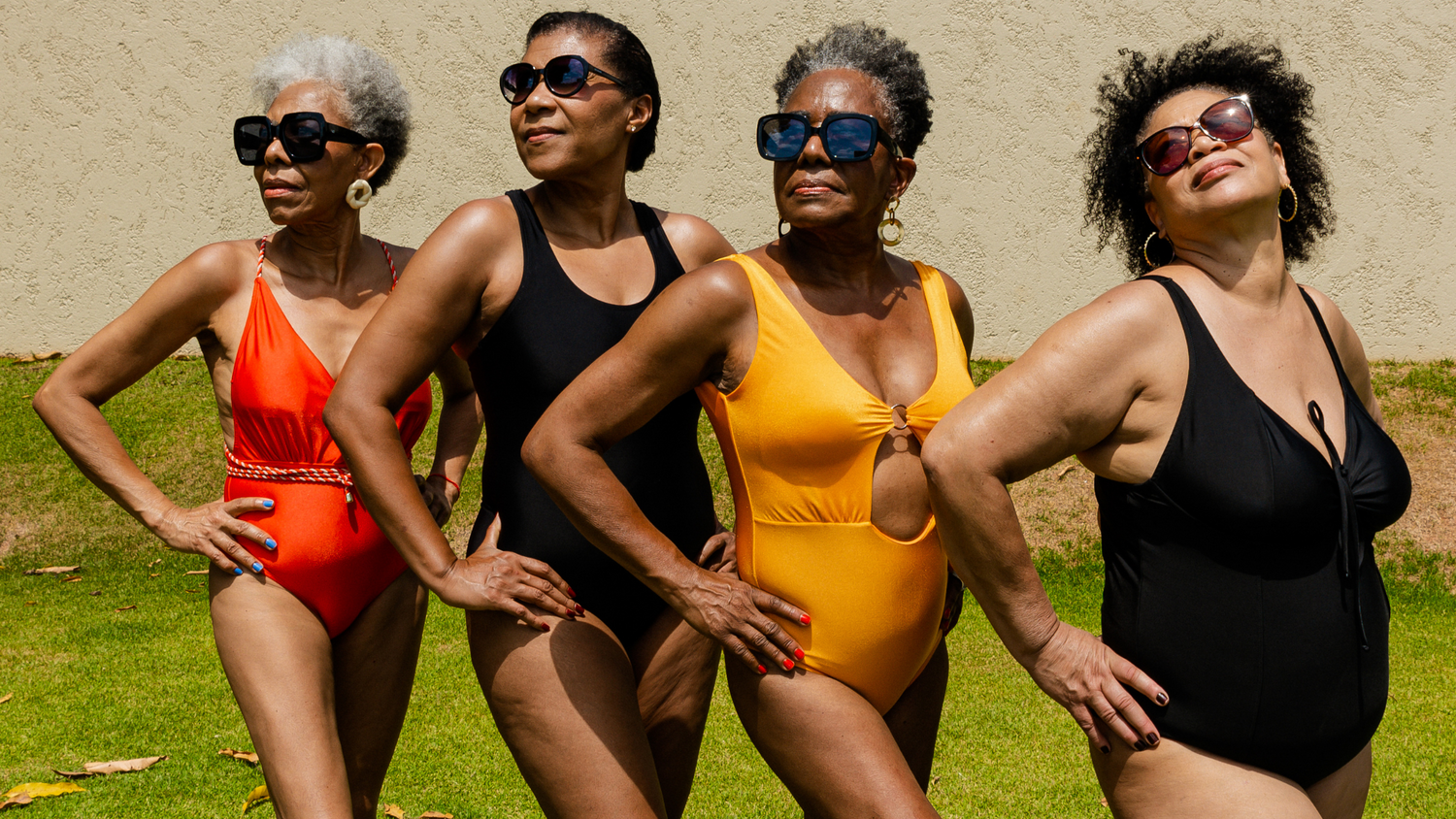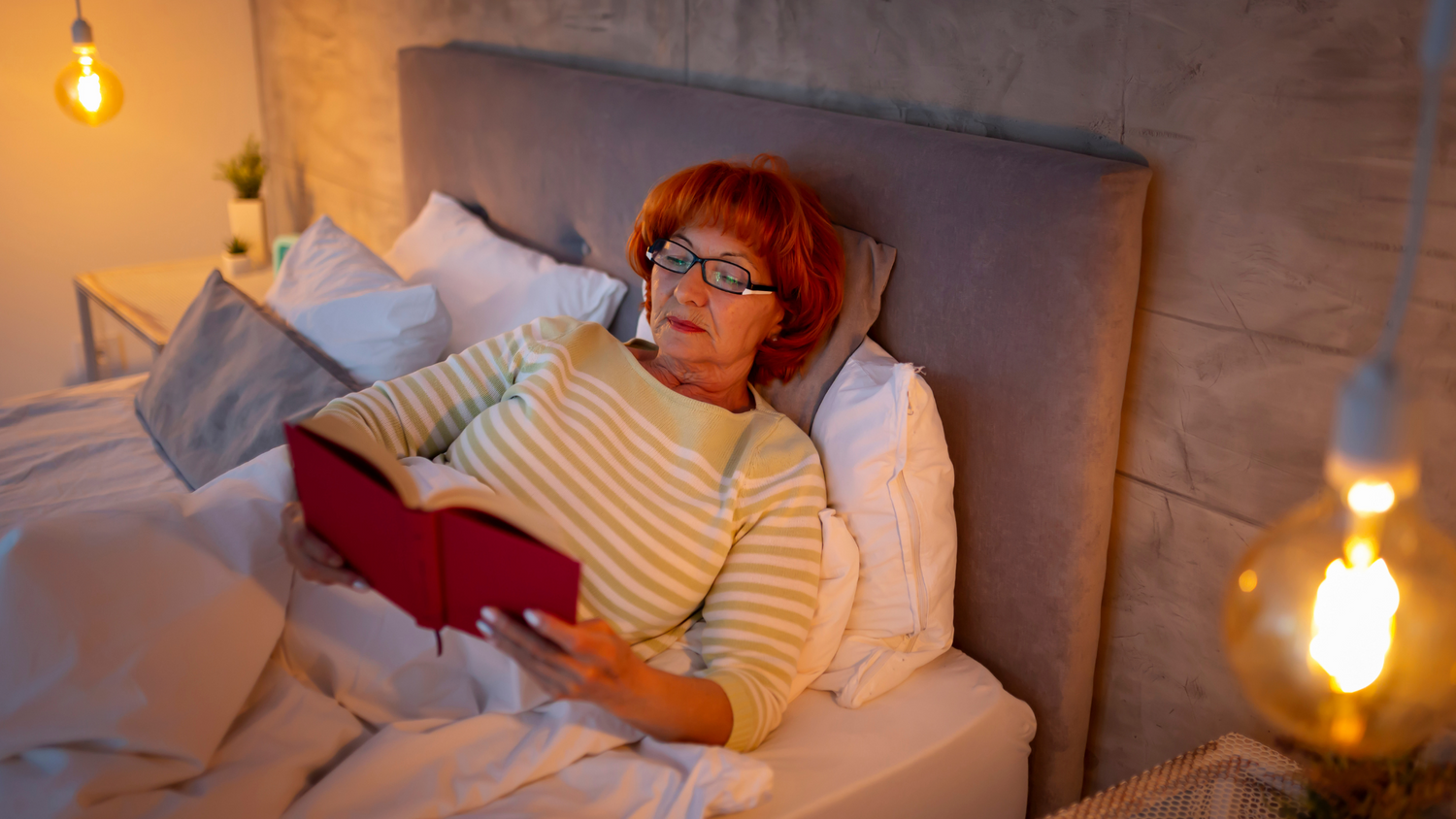What can be spookier than hairy spiders, hollow skeletons, and haunting ghosts? Sometimes, menopause.
Perimenopause can begin as early as the mid-thirties for some women, when hot flashes and irregular periods begin, but official menopause doesn’t start until a woman has been period-free for at least 12 months. Today, the average age for menopause is 51.
Before any mention of the word menopause has you screaming and running for the door, let’s nail down the fact that menopause is a very natural and inevitable process for all women everywhere.
Here are 3 very common, misunderstood, and sometimes (kinda) scary symptoms of menopause.

Anxiety and the Spooky Blues
During menopause, it’s common for anxiety and/or a depressed mood to creep up. About 60% of women experience anxiety during perimenopause and even sometimes during and after menopause. Even if a woman has never dealt with anxiety in the past, this type of anxiety can actually be a normal reaction. When progesterone and estrogen levels dip and become imbalanced, serotonin production slows down (the hormone that makes people feel happy) and women can end up feeling sad, anxious and stressed. However, it’s important to remember that while occasionally feeling down or agitated during menopause is normal and harmless, feeling that way every day for weeks or having significant changes in sleep and appetite is not. If you’re a woman going through menopause and depression or anxiety seems overwhelming, it might be time to get professional medical advice to rule out an underlying condition causing your anxiety or depressive mood.

Haunted by Dryness
When estrogen and progesterone production decreases during menopause, it can cause the vaginal walls to become dry as less moisture is being secreted by cells. Even though vaginal dryness is a very common symptom and will sneak up on one in three women, the topic is still taboo, shame-inducing and widely misunderstood. This causes women to shy away from seeking advice and potentially getting treatment. Today, vaginal dryness can be safely addressed. There are products especially formulated without estrogen to safely help women get their sense of feminine vitality and confidence back. So, it’s time to burn the shame around vaginal dryness, and empower women everywhere to feel like themselves again.

Sleep Does A Houdini Act
As if hot flashes, depression and vaginal dryness aren’t enough, menopause can often cause insomnia. About 61% of postmenopausal women report suffering from insomnia. Plus, menopausal women have a greater risk for sleep apnea because, “before we become menopausal, we’re protected, but the protective effect of hormones seems to be lost with menopause”, says Grace Pien, M.D., M.S.C.E, assistant professor of medicine at the John Hopkins Sleep Disorders Center. Menopausal women shouldn’t’ give up hope on a good night’s rest. There are a plethora of holistic medicines and simple lifestyle changes, such as adjusting your diet, meditating and exercising more, which can help with menopausal-related insomnia.
Did reading about these symptoms give you the creeps? Not to worry. Although menopause continues to carry a bad rap and many symptoms seem downright scary, there are solutions within reach and community resources available in most cities to help women live more balanced and comfortable lives. Donna Klassen, a mental health therapist, breast cancer-survivor and founder of the non-profit Let’s Talk Menopause, says, “We need to clear up the confusion — this is a stage of life that’s natural, and it can be difficult for people, and you can get through it, and you can come out the other side feeling better.” Hearing this should stir up hope that the stigma of menopause will slowly fade out and more women will feel comfortable talking about the “scary stuff” of menopause and where to get help if they think they need it.





